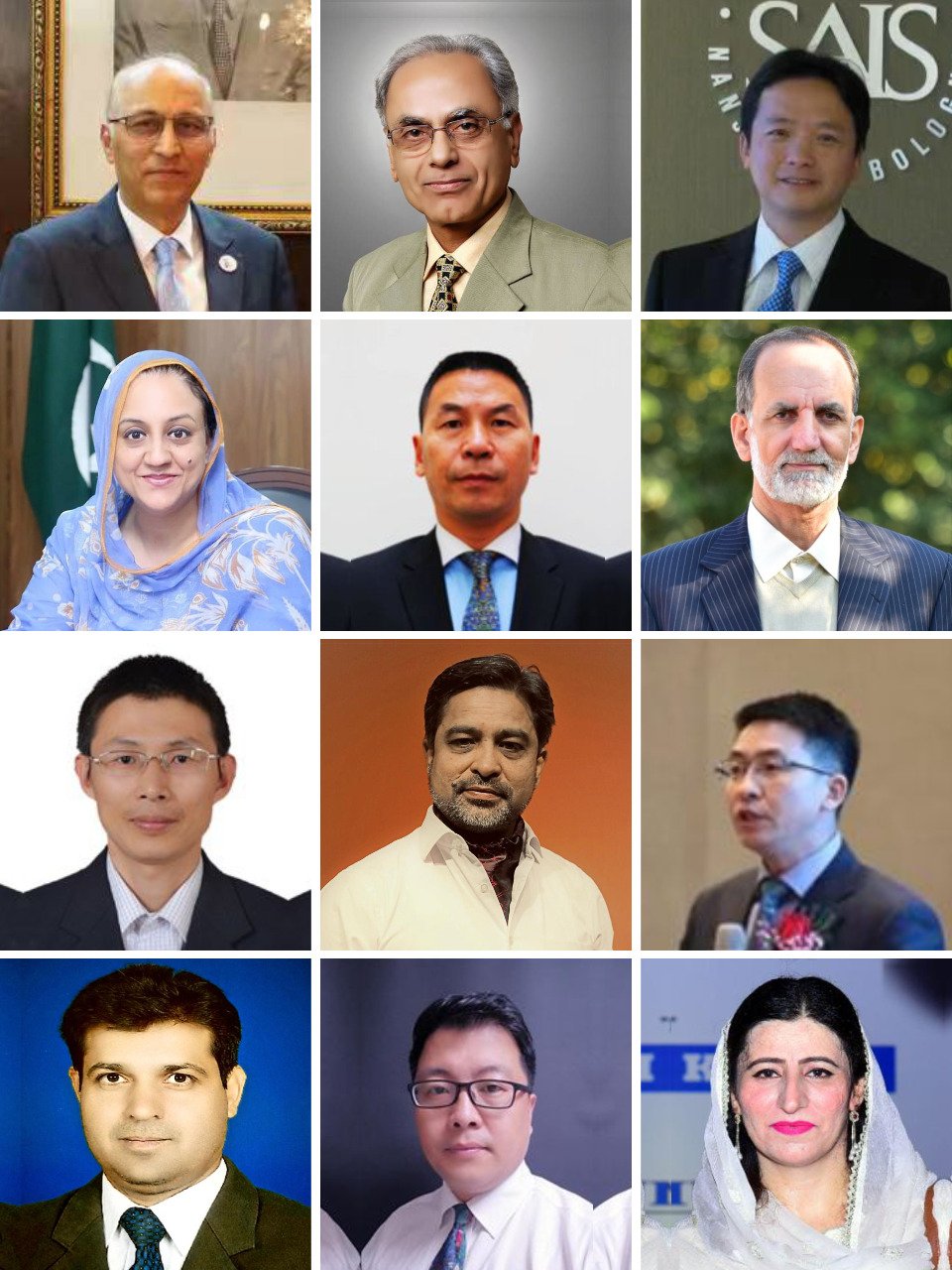Pakistan/China 3 August 2022 (TDI): A consortium of Pakistan-China Research Centres has been proposed to build and develop strong collaboration amongst the academic sector to promote Pakistan-China Education and Knowledge Corridor.
This consortium proposed to build collaboration in research projects and develop further understanding of moving China-Pakistan relations forward. This was proposed during the Webinar on “71 Years of China Pakistan Research and Development Cooperation: Way Forward” hosted by the Centre for BRI and China Studies-Institute of Peace and Diplomatic Studies- IPDS & Pakistan Research Center, Inner Mongolia Honder College of Arts and Sciences, China.
It is proposed that consortium members would be from China and Pakistan to prepare a roadmap for future research and knowledge collaboration.
Farhat Asif, President of IPDS, said that the research and education development collaboration is important between China and Pakistan. This webinar is organized to review the research and development progress and build a way forward.
Prof. Tang Jun, Director, Pakistan Research Center, Inner Mongolia Honder College of Arts and Sciences, said that various joint research programs between China and Pakistan contribute to promoting collaboration on issues of mutual interests, and there is a growing opportunity for both sides to share research and intellect in various fields.
In his video message, the Ambassador of Pakistan to China, Moin Ul Haq said that Pakistan and China’s friendship is defined by resilience, trust, and active partnership. Ambassador has highlighted the role of research centers and think tanks in exploring the complex matrix of politics, economies, and socio-cultural areas of cooperation between Pakistan and China.

Prof. Dr. Manzoor Hussain Soomro, President, ECO Science Foundation, Vice President, Belt and Road International Science Education Consortium (BRISEC) said that Pakistan and China may learn from each other’s experiences, and there are various avenues that can be explored between the two countries in exchange for knowledge and technology.
In the academic session, Dr. Zhang Jiegen, Executive Director, Center for Pakistan Studies, Institute of International Studies, Fudan University, explained in-depth dynamics of geostrategy, geoeconomics, and geo-security compulsion offering challenges and opportunities for both China and Pakistan.
Prof. Dr. Zahid Anwar, Pro Vice-Chancellor & Director, China Study Center, University of Peshawar, mentioned various agreements between Research centers of China and Pakistan and said that these are active agreements that are regular and robust.
Prof. Dr.Song Zhihui, Director, Pakistan Study Center, Sichuan University, said that CPEC is an important milestone in China-Pakistan relations. Both sides may work together to remove negative propaganda through robust media research and cooperation.
Dr. Chen Ruihua, Director, China-Pakistan Economic Corridor Research Center, Kashi University, stated that Afghanistan and Central Asian states must also be incorporated into the CPEC project as they play a crucial role in integrating the region.
Dr. Tahir Mumtaz Awan, Head of China Study Center, COMSATS University, Islamabad, mentioned that study institutes are essential to bridging relations between China and Pakistan for research and development cooperation.
In his in-depth presentation, Prof. Jin Qiang, Assistant Director, Intercultural Communication Research Center, Hebei University, China’s said that both countries’ media have to play a joint role in refuting the negative propaganda of the western powers against the Pak-China friendship.
Dr. Samina Sabir, Coordinator, CPEC Center, University of Azad Jammu shared about progress in Pakistan-China relations.
Many students and faculty members from China and Pakistan participated in the Webinar.






